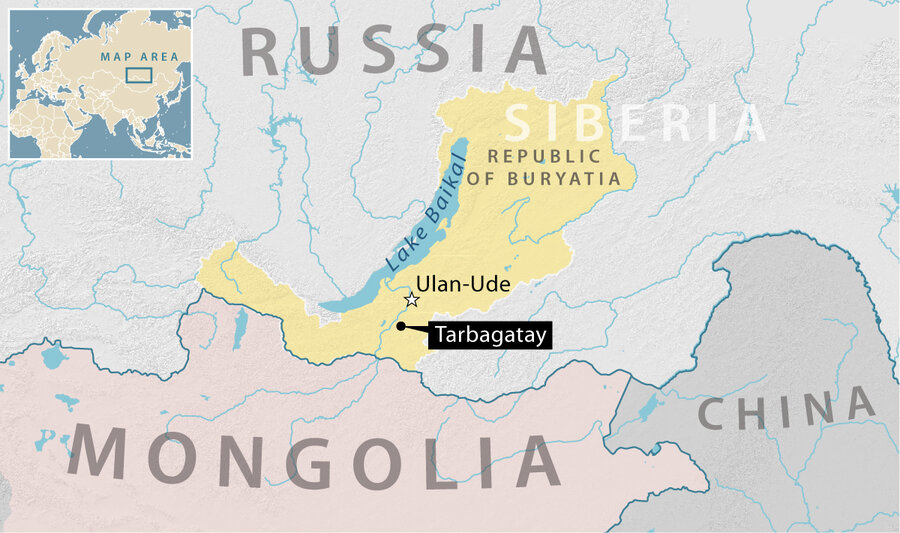One year after hurricane Harvey, coastal Texas is struggling to rebuild in a way that doesn’t leave out some of those most affected.
Monitor Daily Podcast
- Follow us:
- Apple Podcasts
- Spotify
- RSS Feed
- Download
 Mark Sappenfield
Mark Sappenfield
For years, the roar of warplanes in Syria has heralded imminent and indiscriminate devastation for millions of civilians caught in the middle of a catastrophic civil war. Today, however, something else is also accompanying that sound – a pulse of humanity that is saving lives.
In a remarkable collaboration, two Americans and a Syrian have used the sound of jet engines, on-the-ground reports, and insight from a Syrian pilot who defected to build an early-warning system for Syrian citizens called Sentry. When a warplane takes off, Sentry estimates where it is going and when it will arrive and sets off alerts in its network. The warnings are accurate to within 30 seconds.
The story, told in Wired magazine, is a reminder of the potential that technology holds. “Ten years ago this was impossible,” said founder John Jaeger. But it is also a story of a refusal to yield to despondence. The Syrian conflict has become synonymous with a reckless hatred that staggers conscience; all three collaborators had known it personally. Yet from those tragedies came only a deeper resolve.
Shortly after Sentry launched in 2016, Mr. Jaeger was shown a video from a man standing beside his ruined home. “My family is alive because I logged in and I got this message….”
Jaeger cried. “It was the first time we actually realized what we had done.”
Here are our five stories for today, including a look at the interplay between global power and human rights in China, overcoming a legacy of prejudice in Russia, and whether humans will embrace an evolving view of predators.












